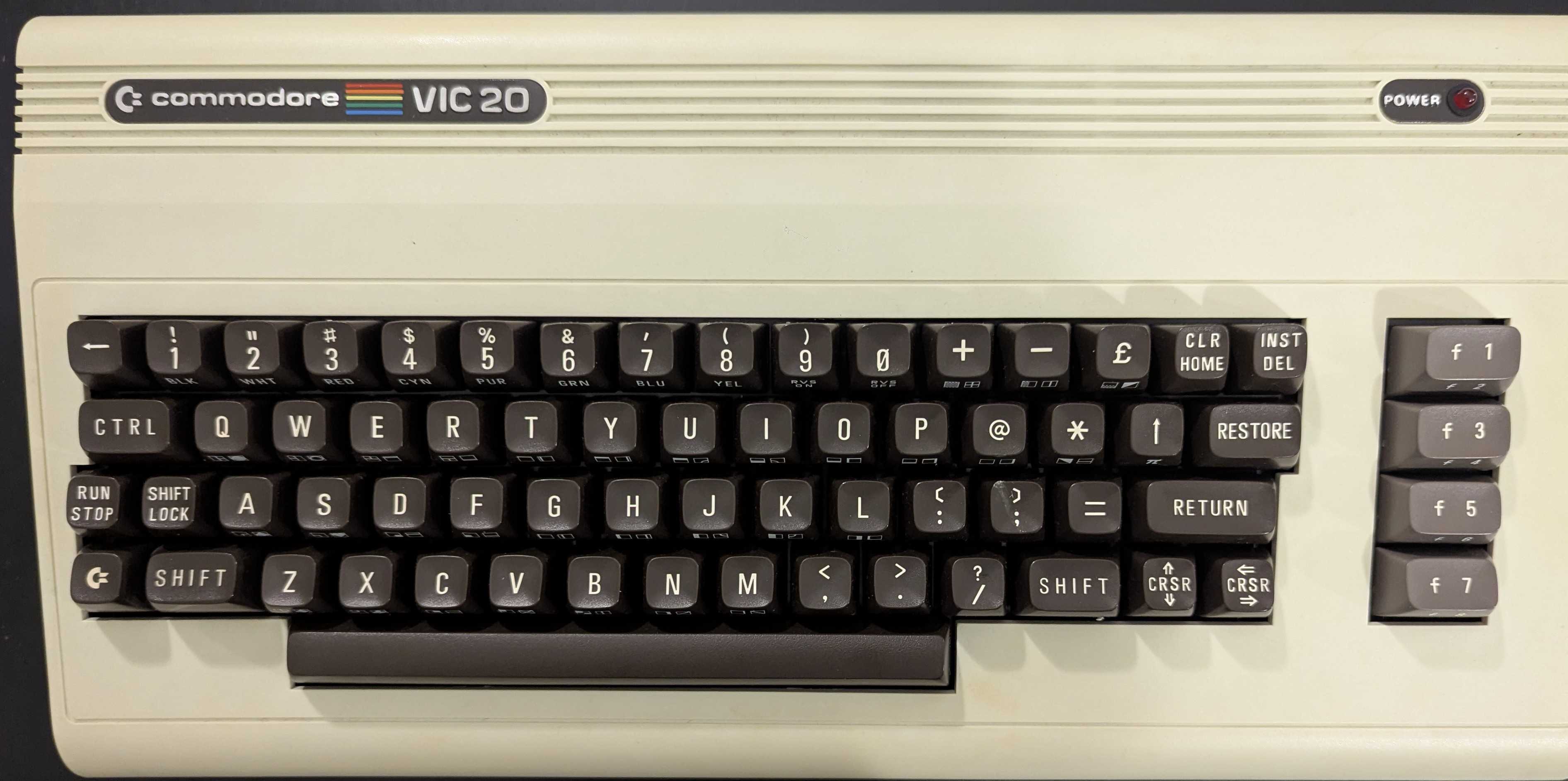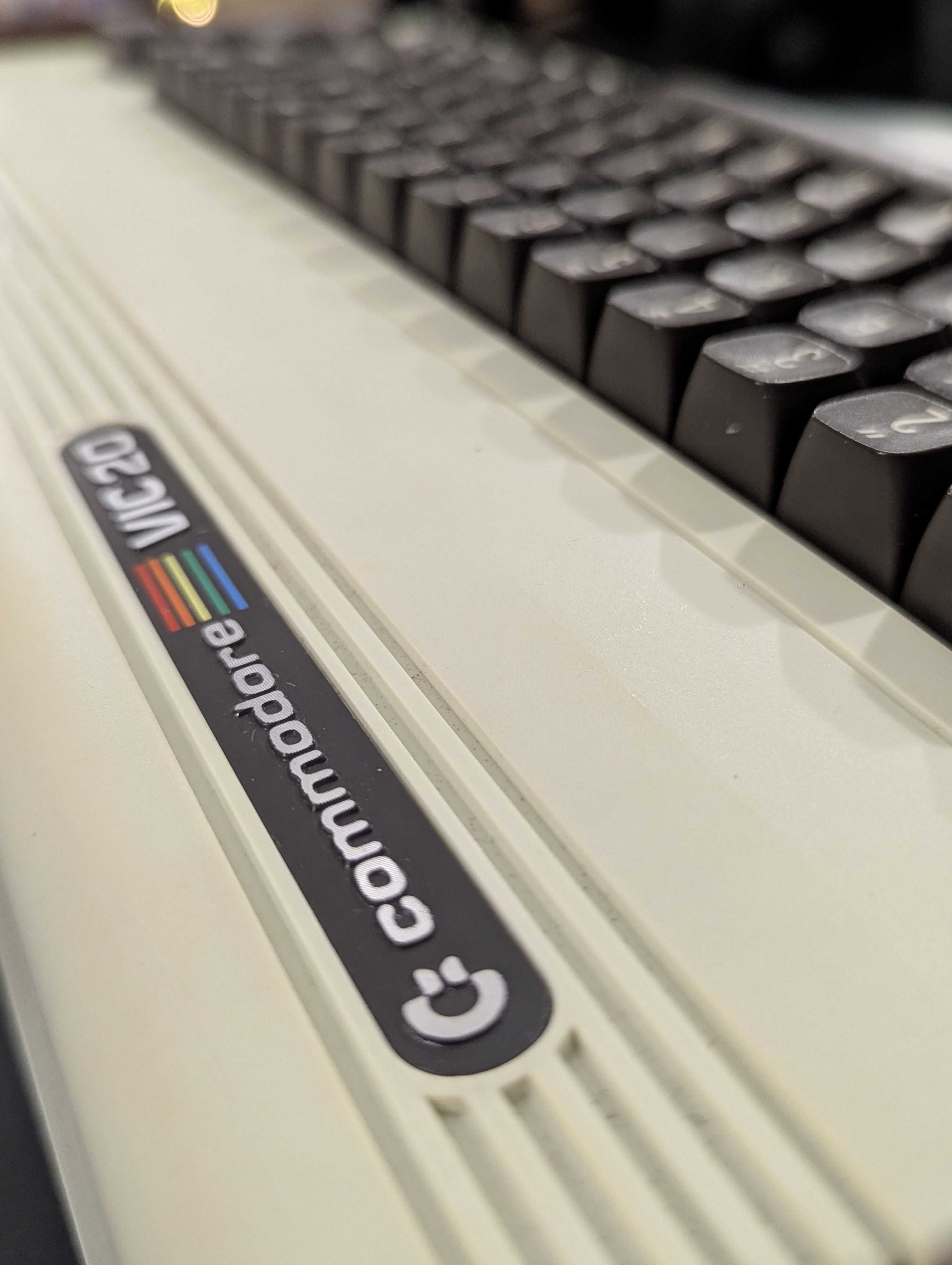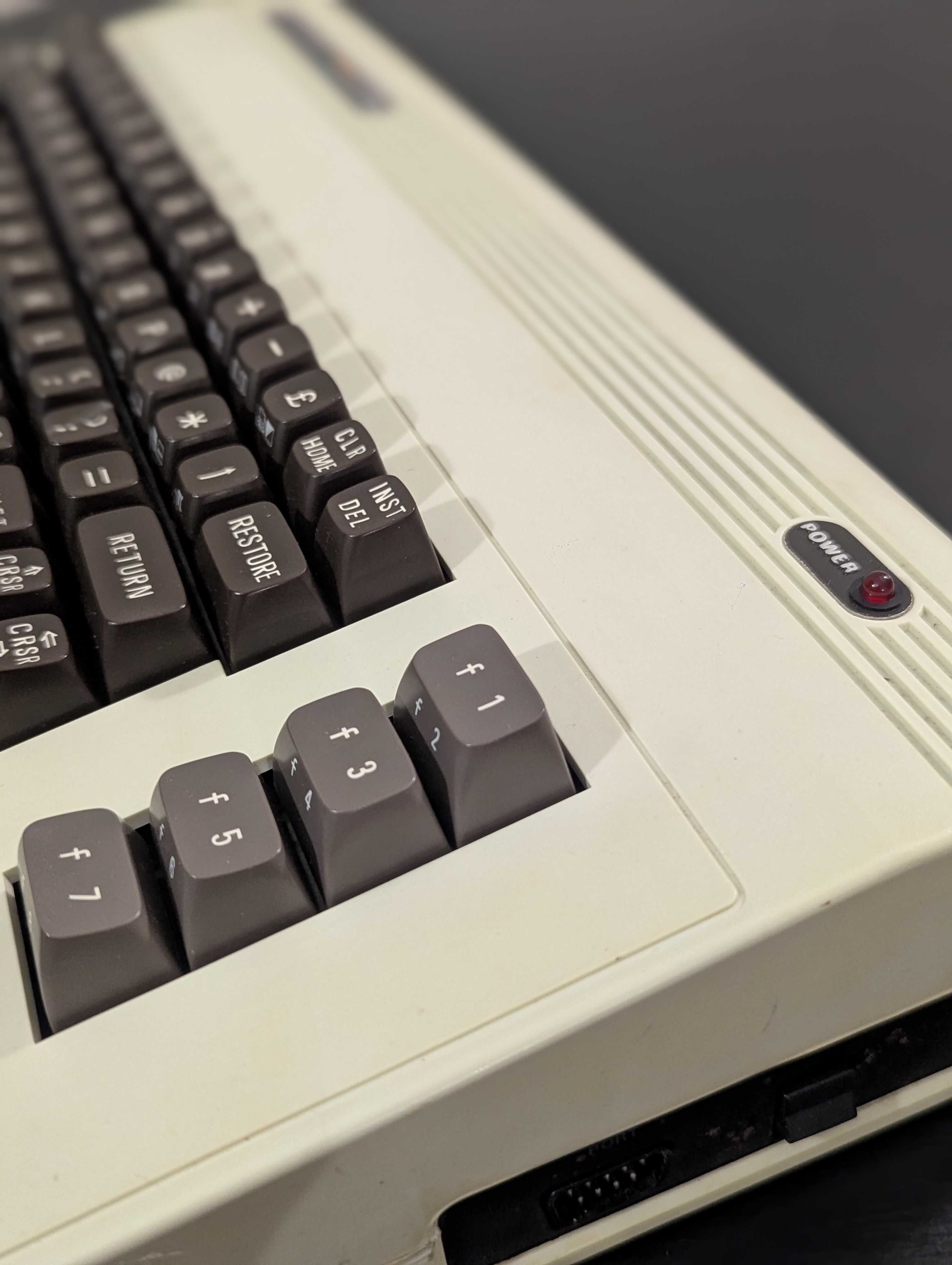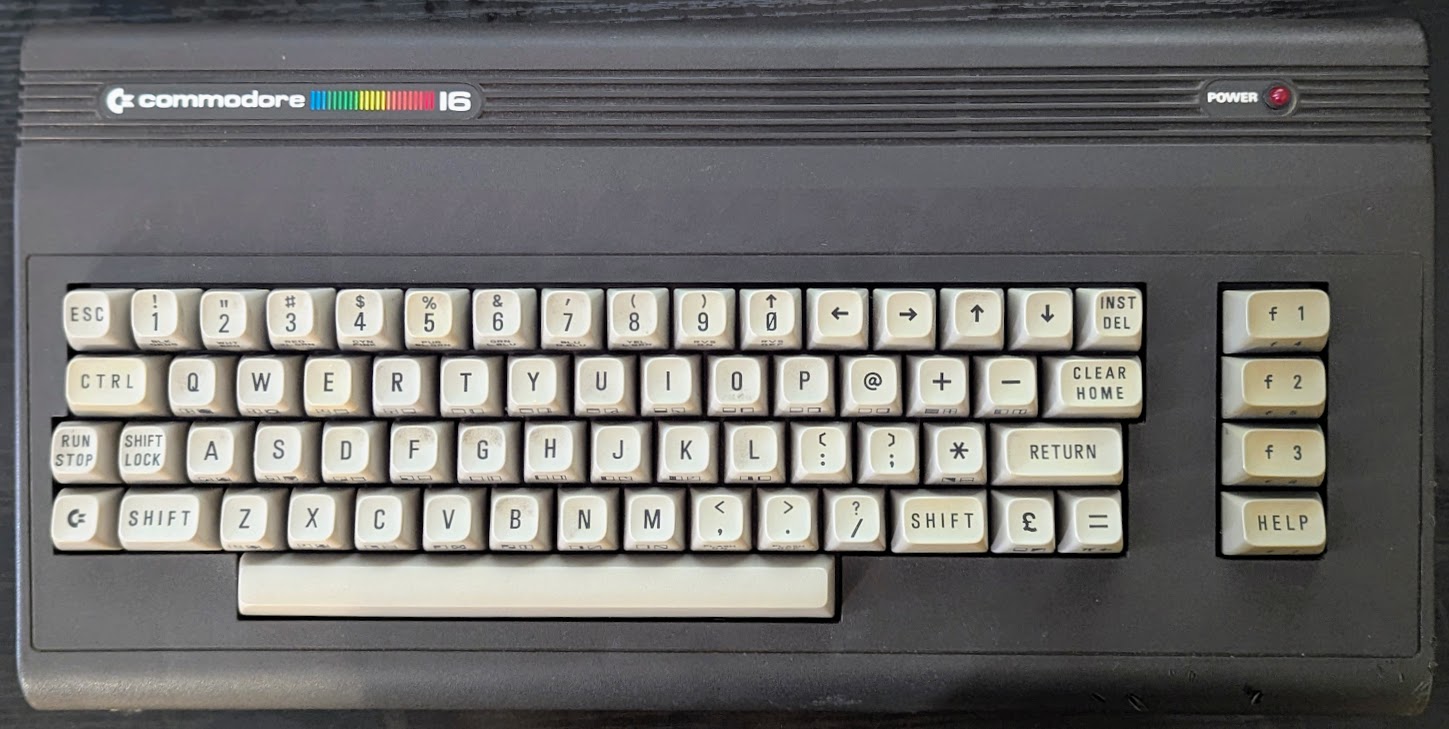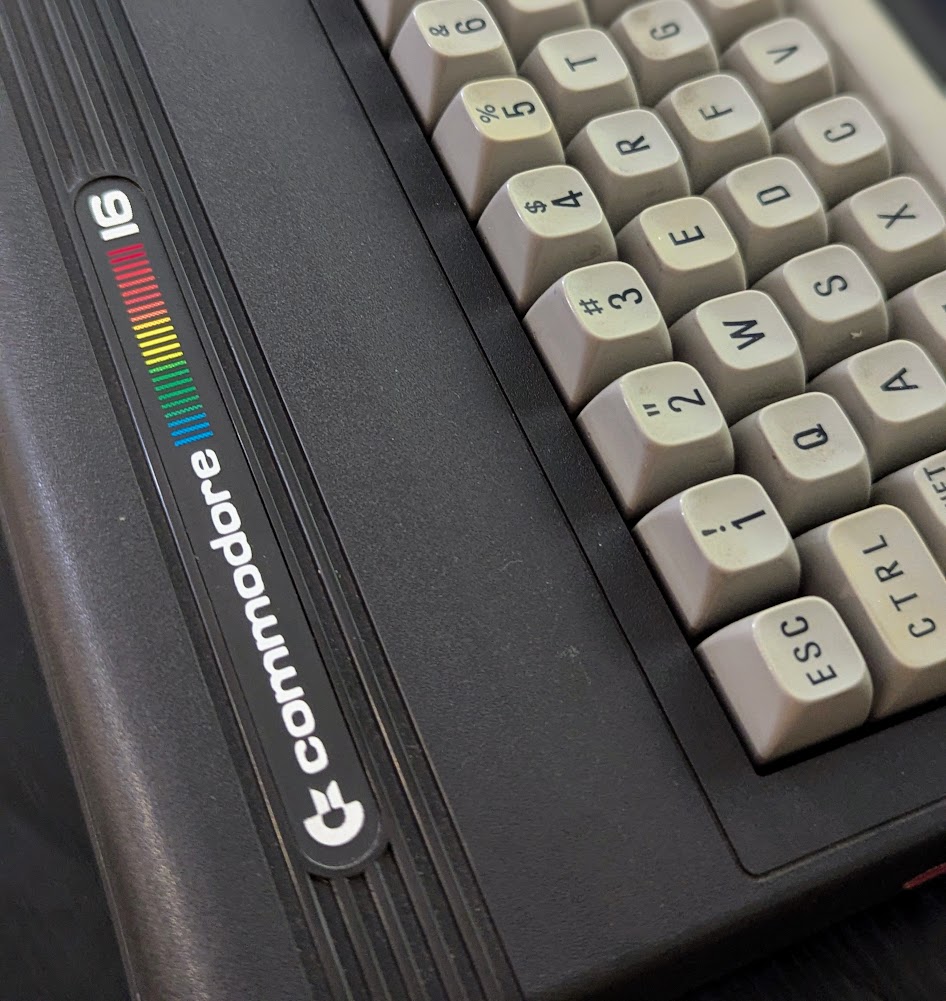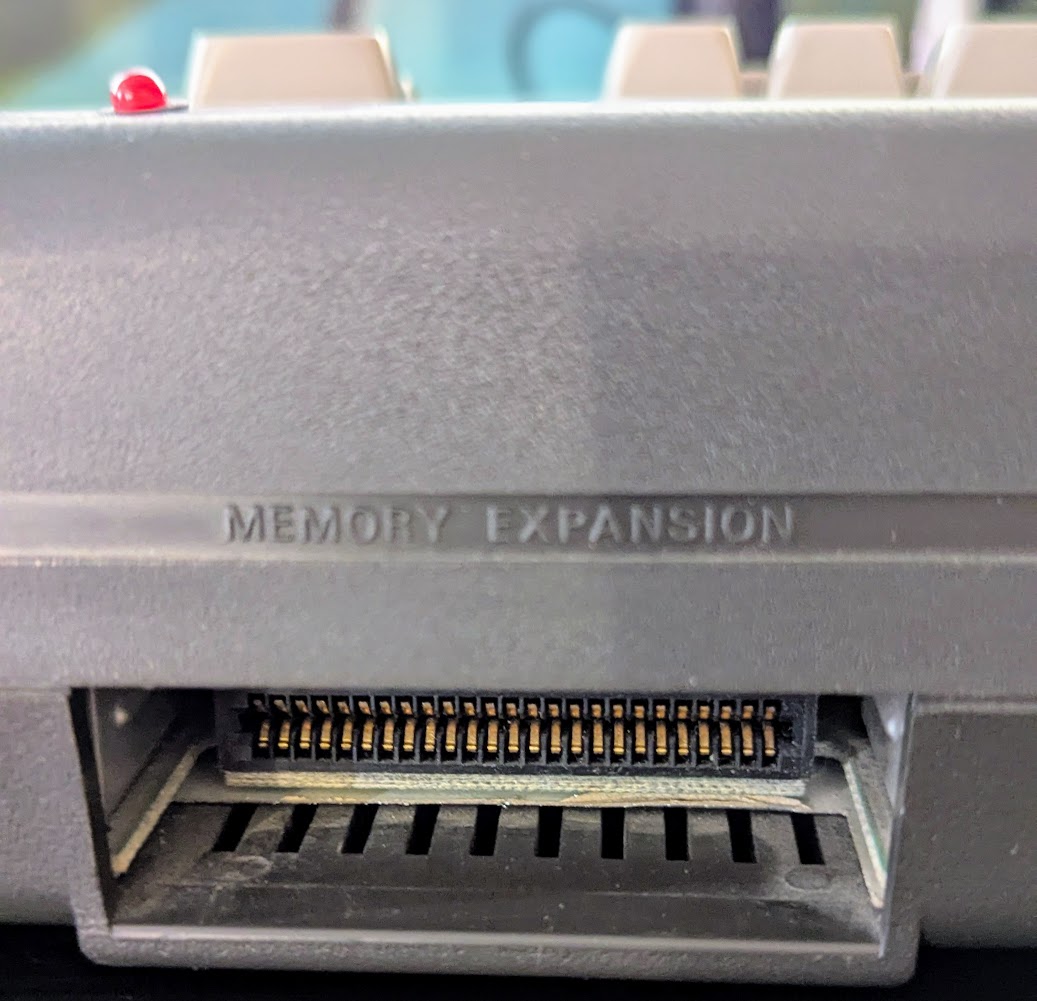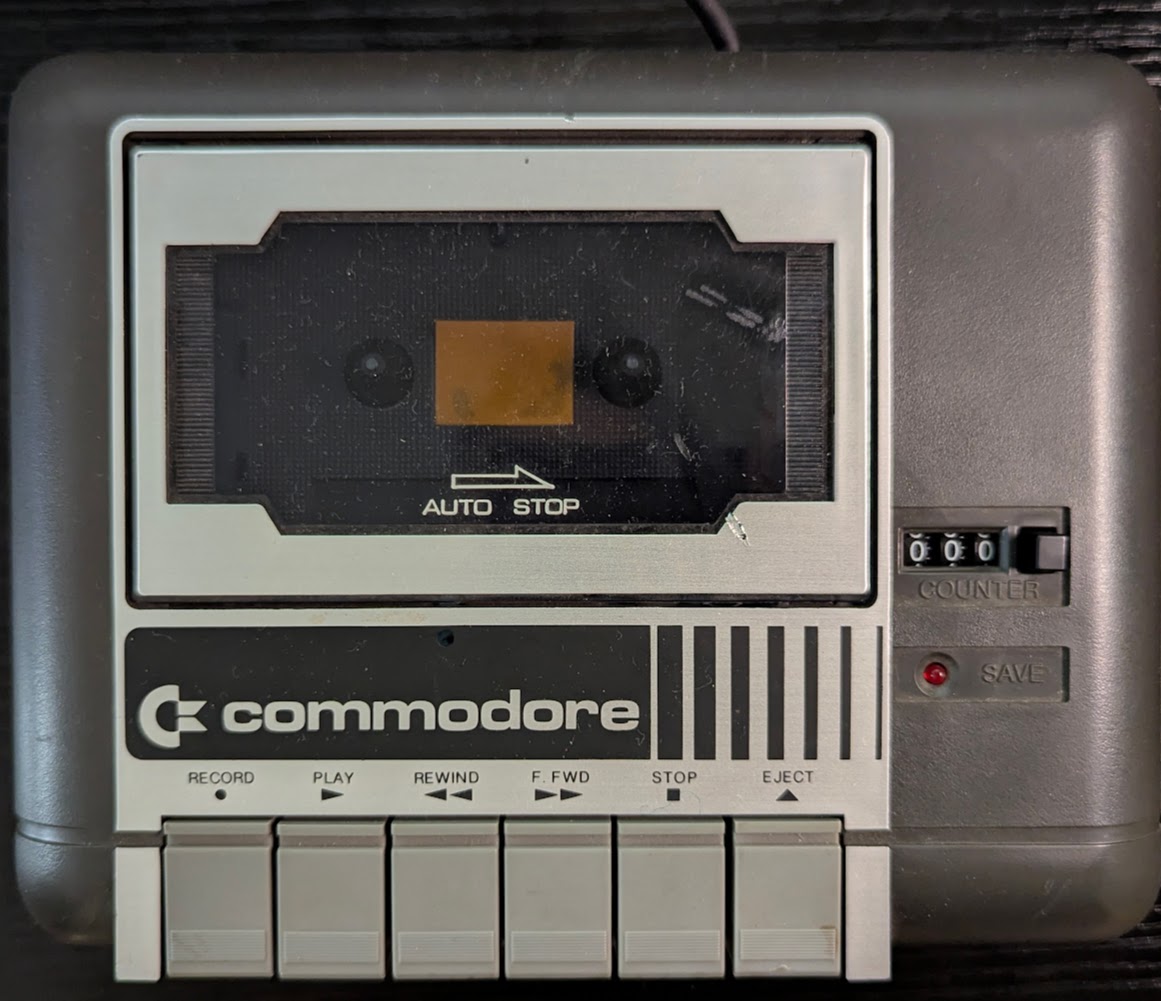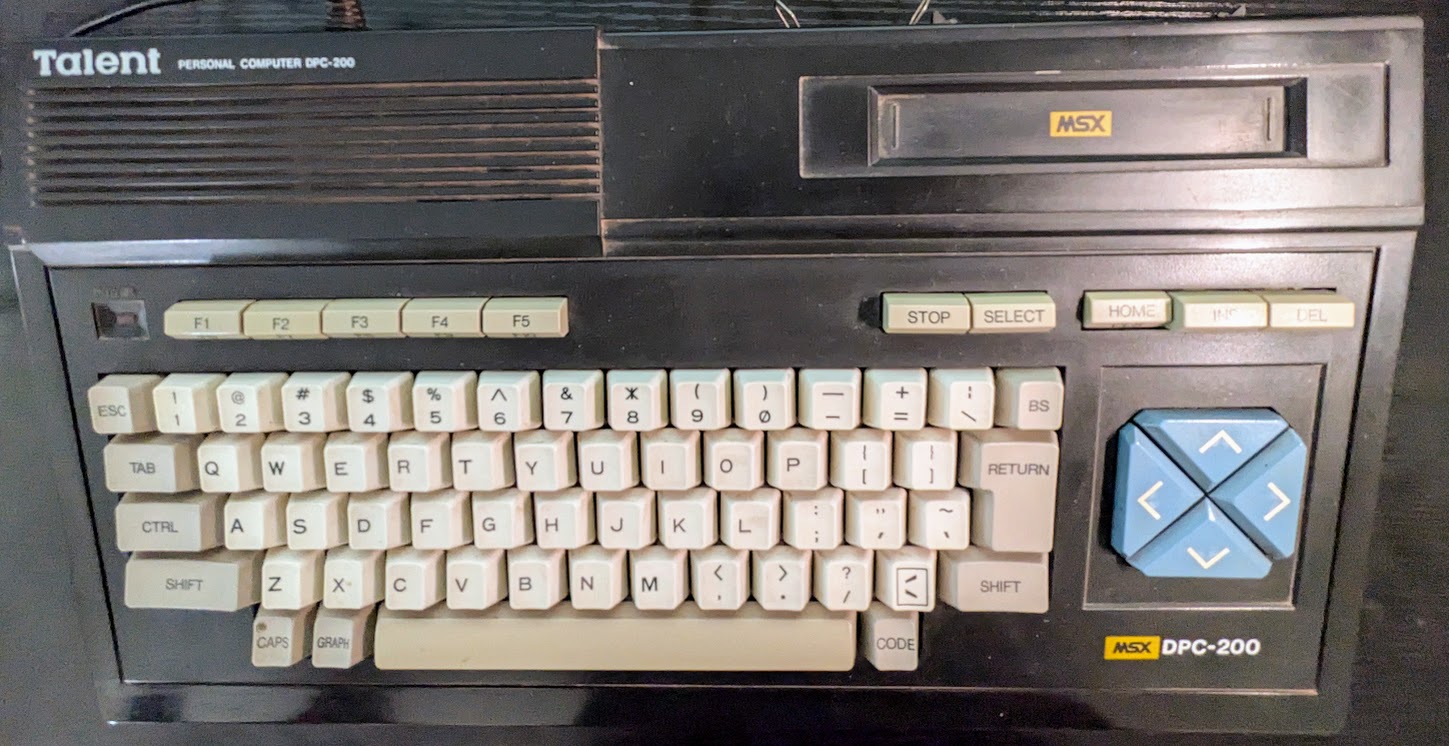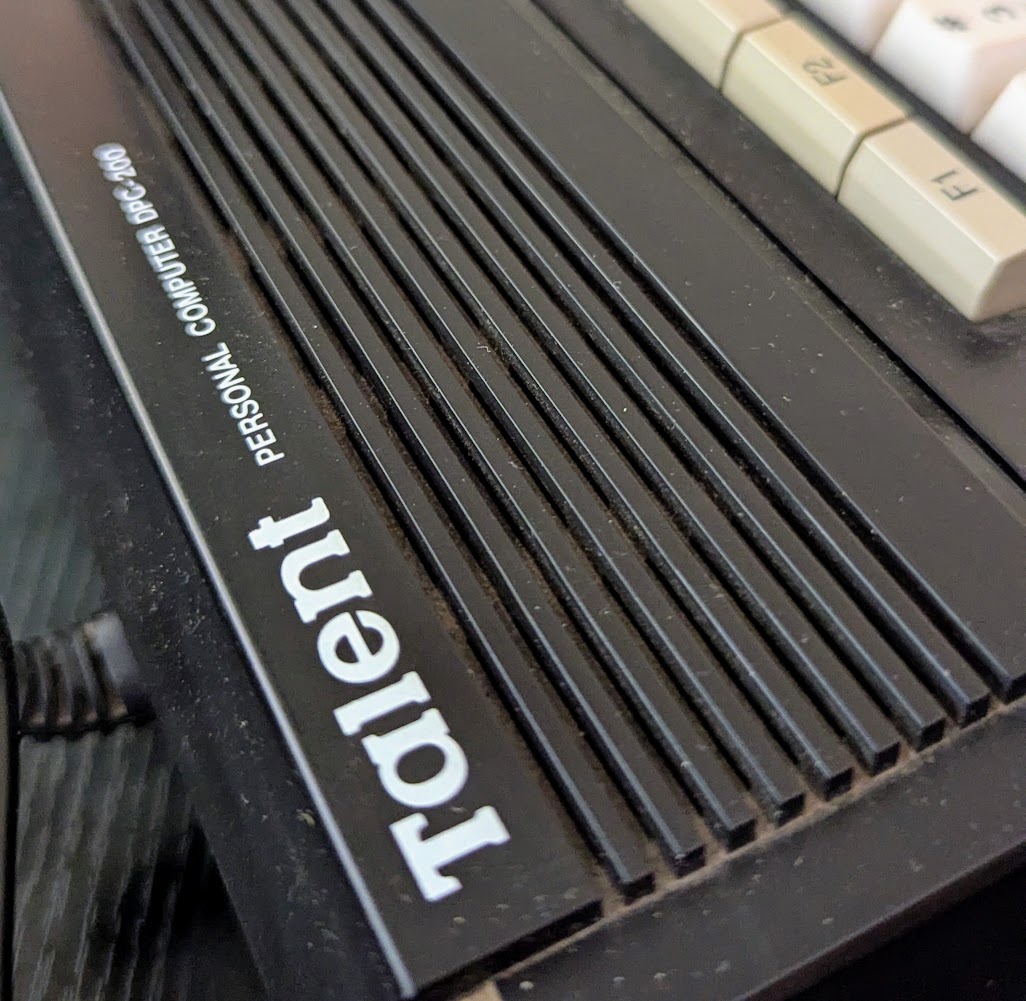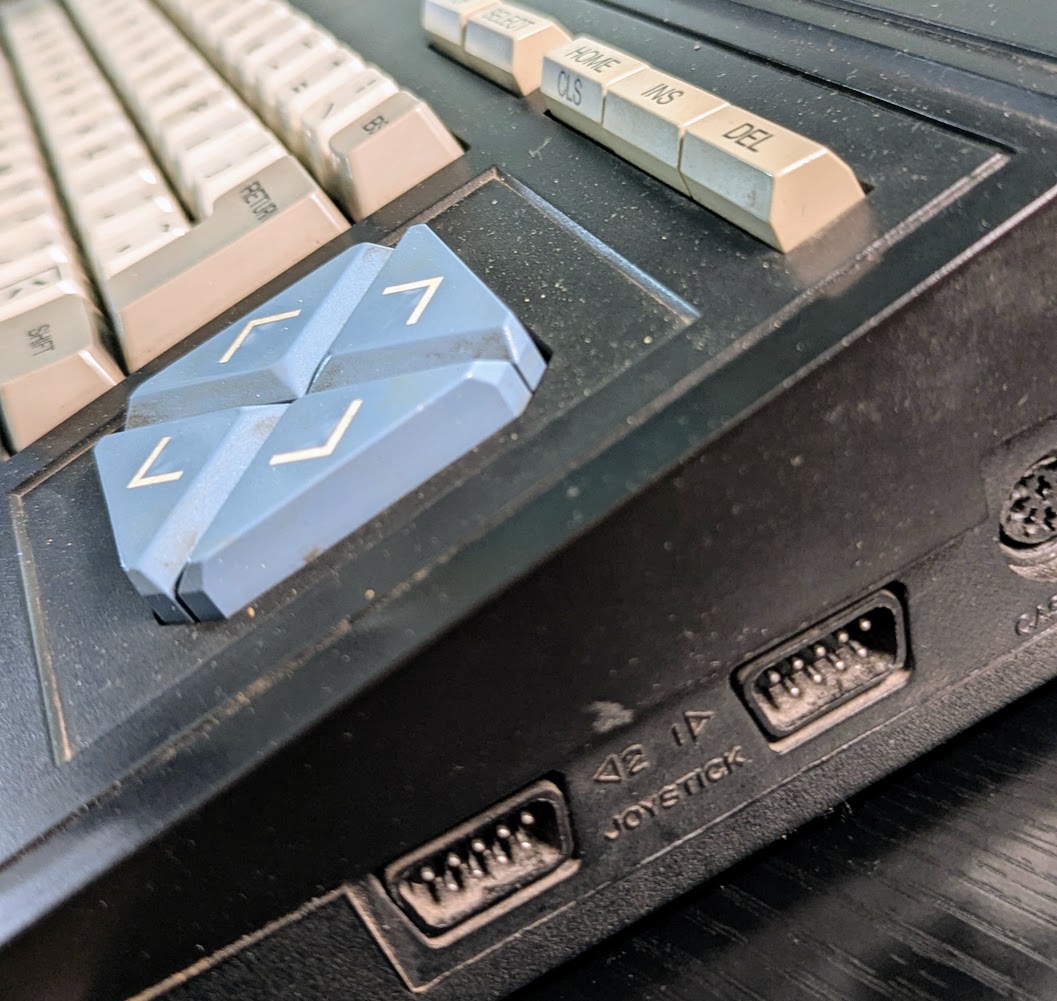Welcome to Leo's Home Page
Table of Contents

I'm an Associate Professor of Computer and Data Science at the Data Science Institute, Faculty of Engineering, Universidad del Desarrollo (2016-) in Santiago, Chile, a Fellow of Telefónica Research & Development, also in Santiago, and a Research Fellow of the ISI Foundation (2019-), in Turin, Italy. I got my PhD from Carleton University, in Ottawa, Canada. I did a post-doc (2004-2005) at the Human-Oriented Technology Lab at Carleton, and became a senior researcher there (2006-2008). I was an invited professor at the University of Edinburgh (2006-2008) and moved to Chile as an Assistant professor of Computer Science at Universidad de Concepción (2008-2016) before moving to UDD in Santiago. I've published in high-performance computing (in a somewhat previous life) and in computational social science. Currently, my research focuses on using mobile and telephony data for social good, data-driven policy and non-traditional data sources. At UDD/TEF I've been involved in industry and government research and development projects.
Contact: lferres@udd.cl, X/Twitter, Github
My substack (Signal Shifts) redirects to the posts in this page.
News
- 2025: NetSci2025 (Maastricht, The Netherlands) | Charting Complexity (London, UK) | IC2S2 (Norrköping, Sweden) | EEDen Network (Quito, Ecuador) | Netmob (Paris, France)
Teaching
- IELE 754 [2025-1, 2025-2]: This is a project-driven data science course that transforms students into collaborative researchers by assigning each team a different South American country to analyze using real-world datasets.
- Statistical models of social phenomena [SocPhen]: This is an experimental PhD course on using mobile phone data to answer scientfic questions about human behavior.
Old computers
I have several 1980s microcomputers and I enjoy collecting and fixing them. Here's a list of the ones I have, and there's some links for each one on the work I've done on them:
- Commodore VIC 20: On 2025-11-05 22:00:08 +0100, I acquired a Commodore VIC 20 microcomputer a Trento, Italy. The Commodore VIC 20, introduced in 1980, was the first computer to sell over one million units and helped bring personal computing into the home. It featured a MOS 6502 CPU running at approximately 1 MHz, 5 KB of RAM (expandable), and the VIC (Video Interface Chip), which provided color graphics and sound. The VIC 20 used Commodore BASIC v2.0 and supported storage via cassette or cartridge. It connected directly to a television set and was marketed as a friendly, affordable computer for education, games, and simple programming. Its approachable design and strong software library made it a landmark in early home computing.
- Commodore 16: On 2025-05-31 11:15:30 +0200, I acquired a Commodore 16 micro-computer in Chivasso, Piemonte, Italy. The Commodore 16 was a low-cost 8-bit home computer released by Commodore in 1984 as part of the 264 series. Intended as a successor to the VIC-20, it featured a MOS 7501 or 8501 CPU running at 1.76 MHz, 16KB of RAM, and the TED (Text Editing Device) chip for video and sound. It included Commodore BASIC v3.5 in ROM and was aimed at entry-level users, but lacked compatibility with the popular C64. Despite limited commercial success, it was notable for its affordability and was especially popular in parts of Europe and Latin America. And it came with a Commodore Dataset!
- Talent MSX: On 12/28/2024, I acquired a Talent MSX computer in San Juan, Argentina. The Talent MSX was an 8-bit home computer manufactured by Talent Argentina (see a nice history here) in the mid-1980s, based on the MSX standard developed by Microsoft and ASCII Corporation. This machine featured a Zilog Z80A processor running at 3.58 MHz, 64KB of RAM, and the Texas Instruments TMS9918A video display processor capable of producing colorful graphics and sprites. Like other MSX computers, it included Microsoft MSX-BASIC in ROM and was designed to be compatible with a wide range of MSX software and peripherals. The Talent MSX was particularly notable in the South American market as one of the locally-manufactured computers that brought affordable computing to the region during the 1980s home computer boom. I haven't cleaned this one yet, though.
Posts
I'll be migrating my posts slowly
- 2025-08-16 13:34:28 - The Era of Ideas: Finding Meaning Through AI Art
- 2025-08-05 17:42:03 - Things I believe about AI (the live doc is in my github)
- 2025-08-04 16:40:51 - Stan Based Epidemic Models II: Modeling Dengue
- 2025-07-16 05:06:16 - Stan Based Epidemic Models I: The Basics
